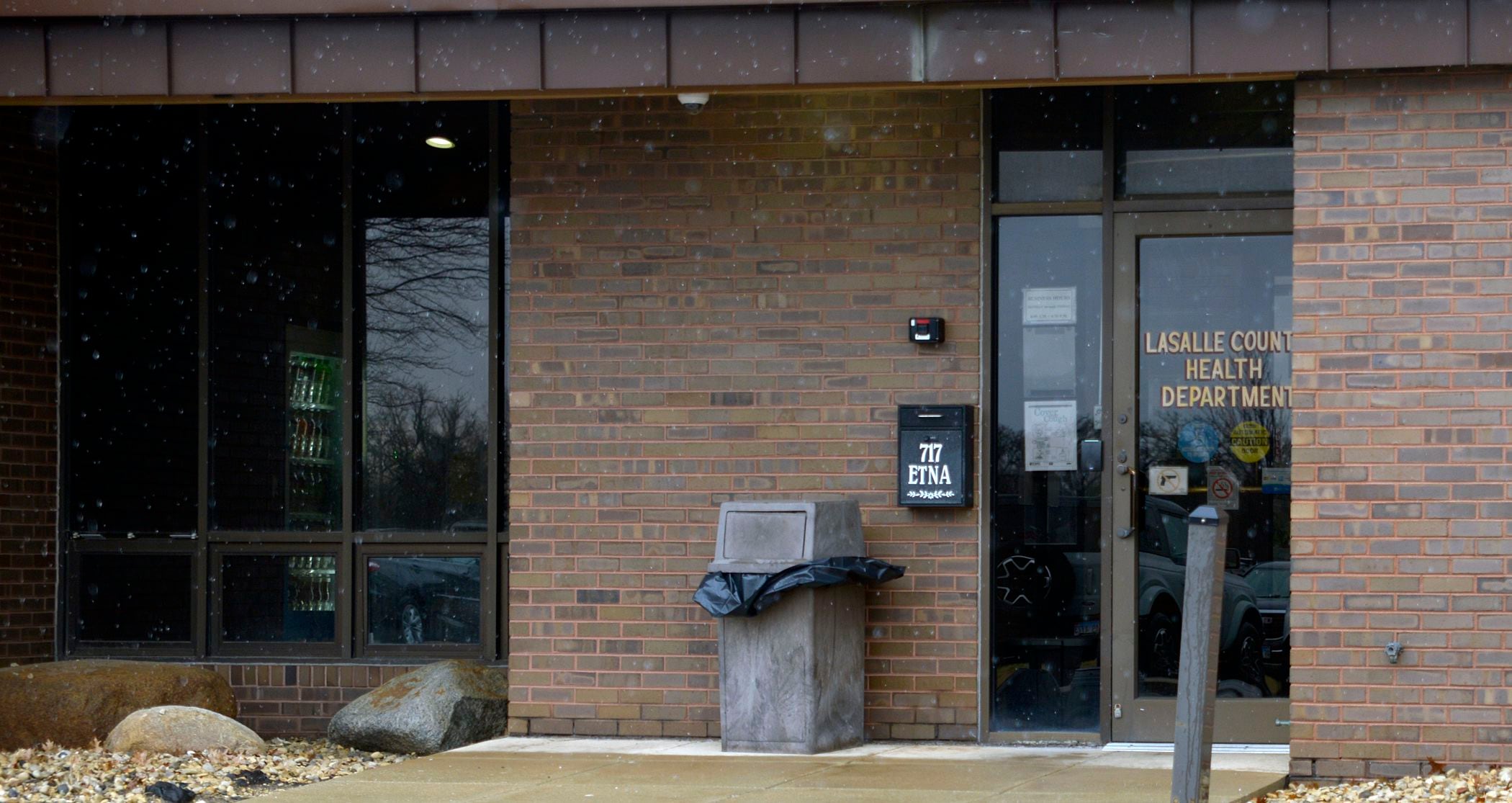Amid delays by several private unaided schools in reserving 25% seats for underprivileged children starting this academic session, the Punjab government has decided to issue a detailed standard operating procedure (SOP) for admissions under the provisions of the Right of Children to Free and Compulsory Education (RTE) Act, 2009. The school education department has drafted the SOP and guidelines for the reservation of 25% seats for students from the economically weaker sections in class 1 of private unaided recognised schools across the state. These SOPs cover aspects such as notification of reserved seats, eligibility criteria, the admission process and monitoring mechanisms to ensure smooth implementation of the legal provisions, said people familiar with the development.
Director public instructions (DPI), elementary, Harkirat Kaur said that the draft SOP was currently under discussion. “It is likely to be finalised within the next eight to ten days and will then be circulated to the district education officers and all private unaided recognised schools,” she said. The school education department took this decision after various stakeholders, including former bureaucrats Jagmohan Singh Raju and Onkar Nath and other social activists, recently requested the authorities to immediately put in place a transparent mechanism, including notification of reserved seats, draw of lots, appointment of a nodal authority and centralised admission monitoring, for implementing the RTE provisions.

According to the Unified District Information System for Education (UDISE) data, Punjab has 7,704 private unaided recognised schools. HC judgment struck down 2011 Punjab RTE rules The Punjab and Haryana high court had, in its February 19 order, directed all the private unaided recognised schools in Punjab to reserve 25% of their Class 1 seats for children from weaker and disadvantaged sections in the state. The state government was ordered to ensure strict enforcement of the ruling in the 2025-26 academic session.
The court also declared Rule 7(4) of the Punjab RTE Rules, 2011, as contrary to Section 12(1)(c) of the RTE Act, 2009. “It is settled by the principles of interpretation of statute that in case of conflict between statutory rules and the Act, the Act prevails,” it ruled. The RTE Act mandated unaided private schools to admit in class I children from weaker sections and disadvantaged groups in the neighbourhood to the extent of 25% of the strength of that class and provide free and compulsory elementary education till its completion.
However, the state government framed the Punjab RTE Rules in 2011, providing that children from the economically weaker and disadvantaged categories must first seek admission in government schools, and they can approach unaided schools for admission only after getting a no-objection certificate from government schools on the ground of non-availability of seats or other reasons. This nullified Section 12(1)(c) of the RTE Act. Following the court ruling, principal secretary, school education, Anindita Mitra, sent instructions to DPI, elementary, and all district education officers (DEOs) on March 20 to inform unaided private schools about the HC’s directives.
‘Schools not complying with orders’ A delegation of representatives from various social and educational non-governmental organisations met the DPI, elementary, on Wednesday and drew the department’s attention to non-compliance by private schools. “Despite the high court’s clear directive and instructions issued by the state government, many private schools had reportedly delayed or denied admissions, leaving parents distressed and children deprived of their right to education,” they claimed, demanding strict action, including withdrawal of recognition, against schools that defy the orders. Onkar Nath, who was among the petitioners in this case, said that non-compliance by private schools was a matter of grave concern, urging the department to issue fresh and firm directives to private schools and district education officers to ensure admission of all eligible children without further delay.
“The department has assured that the SOP will be issued to facilitate timely and smooth admissions from pre-nursery to Class VIII under the RTE provisions,” he added. Earlier, the Krantikari Lok Chetna Manch and allied organisations had held a dharna (sit-in) in Dhuri on April 9 to seek immediate steps for EWS admissions in private schools, as time was running out..
Top

Punjab education department to release SOP for RTE admission in private schools

These SOPs cover aspects such as notification of reserved seats, eligibility criteria, the admission process and monitoring mechanisms to ensure smooth implementation of the legal provisions, say people familiar with the development











